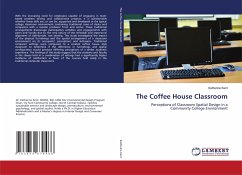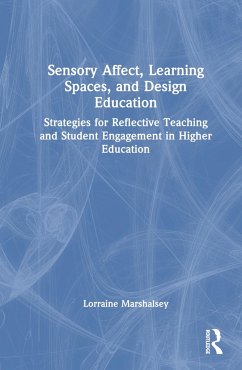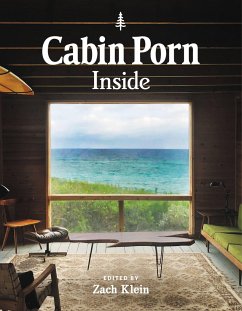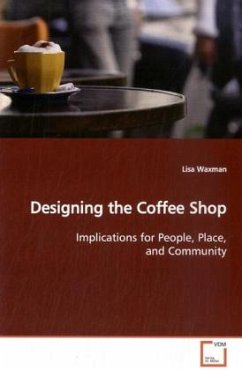
The Coffee House Classroom
Perceptions of Classroom Spatial Design in a Community College Environment
Versandkostenfrei!
Versandfertig in 6-10 Tagen
36,99 €
inkl. MwSt.

PAYBACK Punkte
18 °P sammeln!
With the increasing need for employees capable of engaging in team-based problem solving and collaborative projects, it is questionable whether these skills are, or can be, supported and developed in the typical college classroom environment containing traditional rows of desks and computers with a remote professor front and center. These traditional arrangements discourage participatory activities and engagements with peers and faculty due to the very nature of the inflexible and impersonal alignment of side-by-side, row seating. This study investigated the impact of the physical furnishings ...
With the increasing need for employees capable of engaging in team-based problem solving and collaborative projects, it is questionable whether these skills are, or can be, supported and developed in the typical college classroom environment containing traditional rows of desks and computers with a remote professor front and center. These traditional arrangements discourage participatory activities and engagements with peers and faculty due to the very nature of the inflexible and impersonal alignment of side-by-side, row seating. This study investigated the impact of the physical furnishings and the spatial arrangement of a classroom environment on its occupants' perceptions and behaviors. Traditional computer settings were compared to a created coffee house style classroom to determine if the difference in furnishings and spatial configuration would produce differing perceptions of a similar academic experience. The findings of this study suggest that the students and faculty in the classes held in a combination of settings had a significantly higher incidence of satisfaction in favor of the courses held solely in the traditional computer classrooms.












